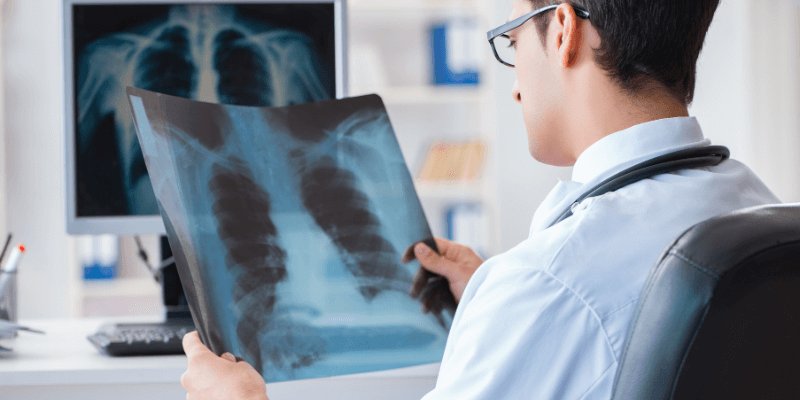Diagnostic Imaging
State of the Art Technology

The Diagnostic Imaging Department is accepting eReferrals as part of the Ontario eServices Program. Click here to learn more.
Diagnostic imaging has come a long way from simple X-rays. Today, doctors can diagnose a range of diseases and conditions from cancer and COPD to muscle tears and blockages. In many cases, diagnostic imaging has replaced “exploratory surgery”, instead allowing physicians to see inside the body using non-invasive and minimally-invasive methods. Advanced imaging techniques used at St. Thomas Elgin General Hospital (STEGH) include CT, ultrasound, and nuclear medicine.
Your doctor/primary care provider/Emergency Department doctor likely will have explained to you what your test is and what it is looking for. Ask your doctor any questions you may have about the procedure. You can also feel free to ask the DI technologists conducting your test about what is happening.
If you cannot make your appointment for any reason, please contact the Booking Clerk at (519) 631-2030, ext. 2000.
As part of the Thames Valley Hospital Planning Partnership (TVHPP), all imaging studies acquired at STEGH are part of the Regional PACS (Archiving System). Radiologists and other Medical Professionals at STEGH and all centres within the region have access to all imaging studies taken within TVHPP and can compare current studies to priors regardless of acquisition origin. This avoids duplication of imaging and unnecessary radiation to the patient. These studies are also part of the Southwestern Ontario Diagnostic Imaging Repository which contains access to all images acquired in the region.
What to Expect
People who have diagnostic imaging tests ordered by their doctor register at the Diagnostic Imaging Registration Desk. Please arrive 15 minutes before your test unless otherwise advised. Some tests require that you arrive up to one hour before your appointment time. Please bring your health card. STEGH is allowing essential caregivers to accompany patients who require extra assistance. If you need to bring someone with you to assist during your appointment, please discuss this with the clerk when you register.
Each test is different, so we have created brochures that provide information on each type of diagnostic imaging procedure within the department. Please click on one of the links below for more information about your procedure.
Please note that the technologist conducting the test will not be able to give you the results of your test. Only a doctor, primary care provider, or specialist can provide you with that information.
How do you access images from your diagnostic imaging tests?
Effective November 6, 2023, the Diagnostic Imaging department will no longer be able to provide patients with images from their DI tests on USB, CD, or DVD. Patients can register for ConnectMyHealth, a free online tool that provides a single-access channel to view health records from hospitals across the region. Click here for more information about ConnectMyHealth.
Patient Information
- Barium Swallow - Upper GI Series
- T-Tube Cholangiogram
- Voiding Cystogram
- The Safety of X-Rays During Pregnancy
- CT Scan
- CT Angiogram
- CT Colonography
- Regular Stress Test
- Ultrasound Prep - Fasting
- Ultrasound Prep - Full Bladder
- Ultrasound - No Preparation
- Nuclear Medicine - No Preparation
- Nuclear Medicine - Preparation Required
- Nuclear Medicine - Stress Testing
- Bone Density Test
- Pulmonary Function Test (PFT)
- Methacholine Challenge Test (MCT)
- Exertional Hypoxemia Test
Need Help?
The information shared on this page is designed to provide you with all the information you need before coming to STEGH for a diagnostic imaging procedure. However, if you need more information or have questions, ask your doctor/primary care provider, or call the Diagnostic Imaging Department at (519) 631-2030, ext. 2000.
HOURS
Hours of Inpatient and Emergency Dept Service
24hours/day, 7 days/week
Hours of Outpatient Service
Monday to Friday 7:30am to 4:30pm
CONTACT
Diagnostic Imaging: 519-631-2030
General Inquiry, bookings and x-ray: Ext. 2322
Mammography bookings: Ext. 2332
Ontario Breast Screening Program (OBSP) bookings: Ext. 2517
Ultrasound: Ext. 2242
Cardio (ECG/Holter/Stress/Echo): Ext. 2125
Manager, Diagnostic Imaging:
Phone: 519-631-2030 Ext. 2002
Location
Ground floor of the hospital on the west wing by Emergency Department.



